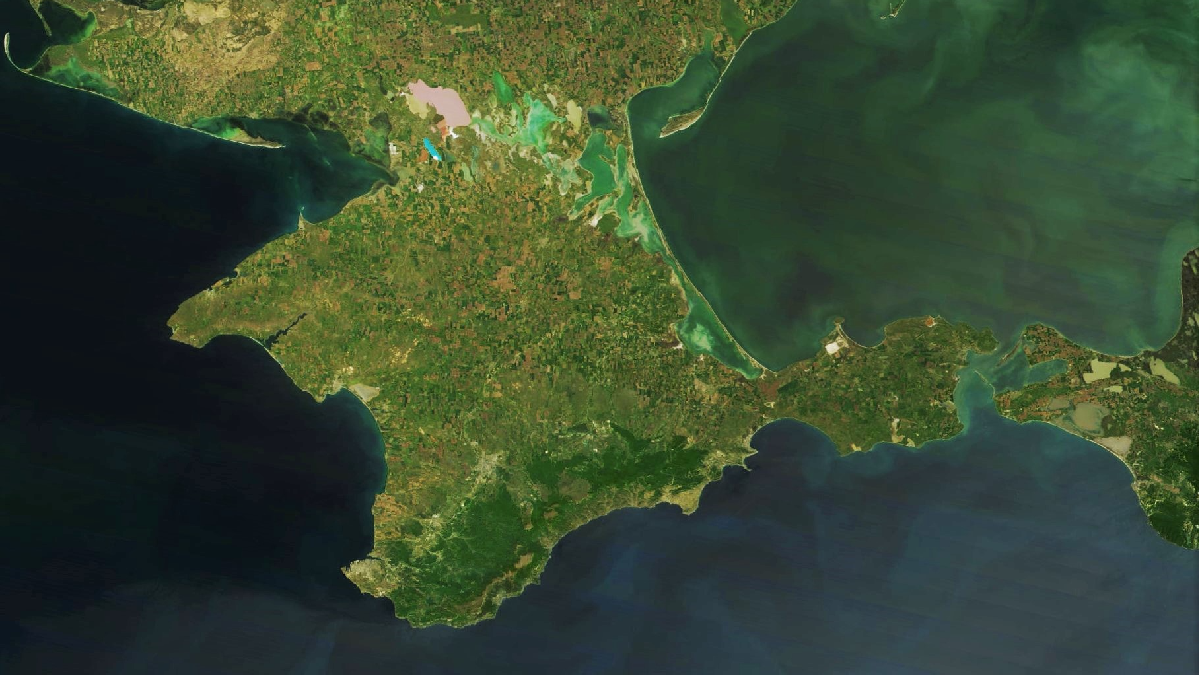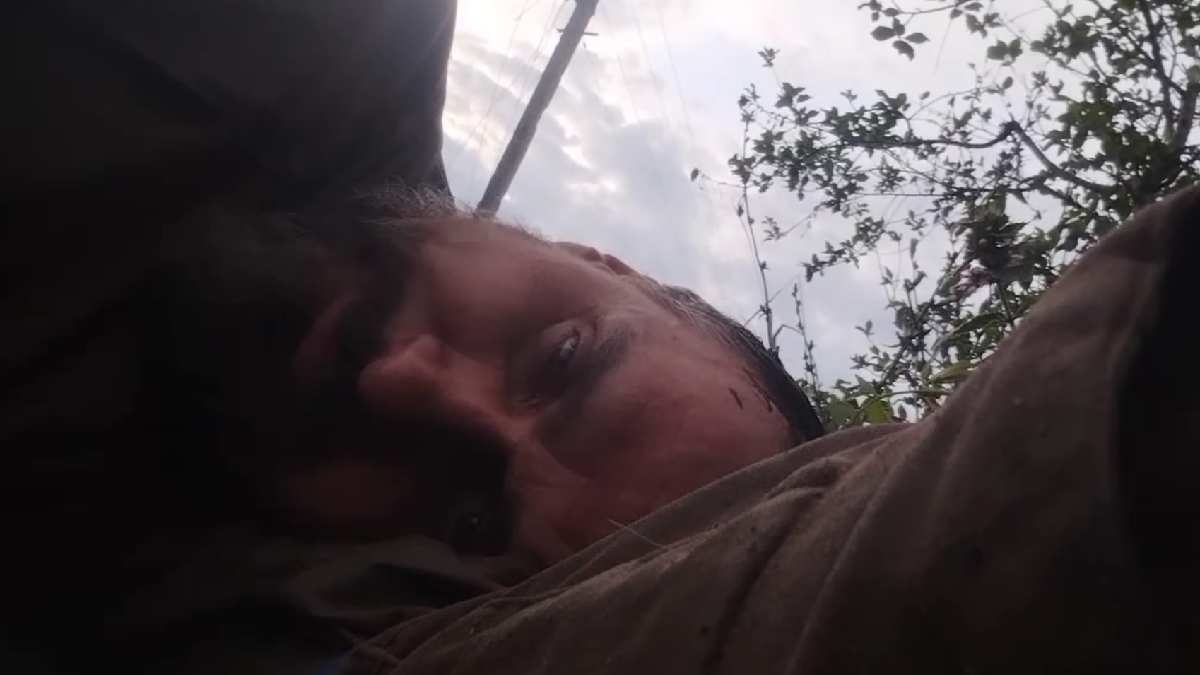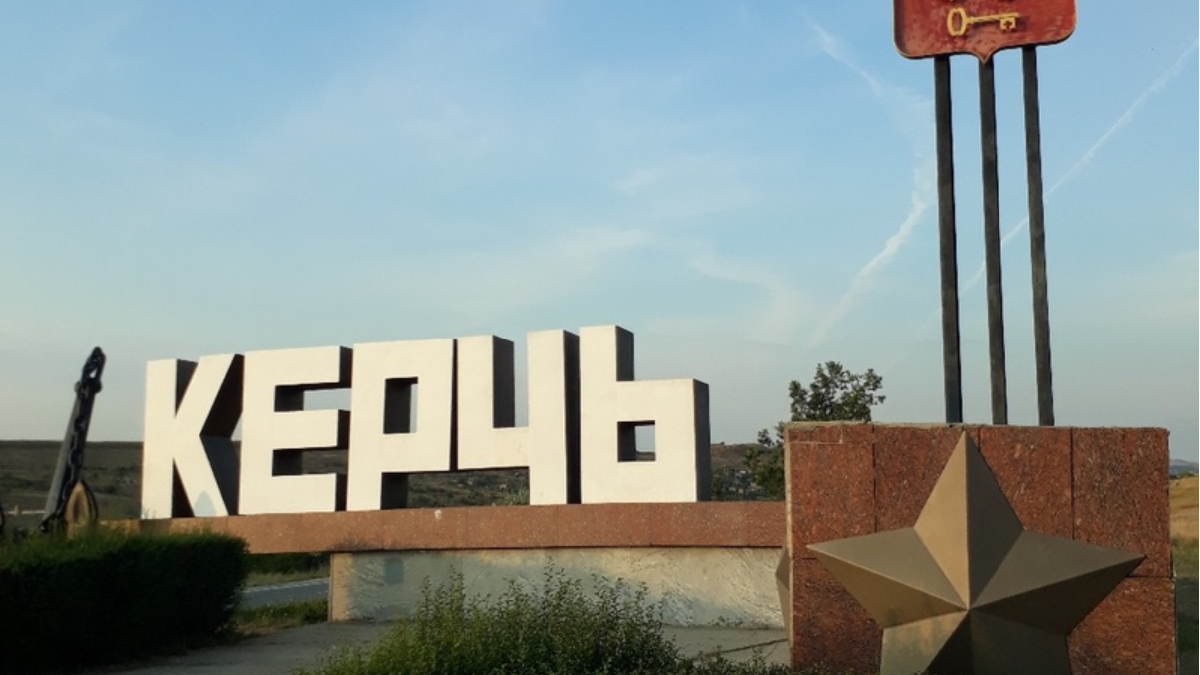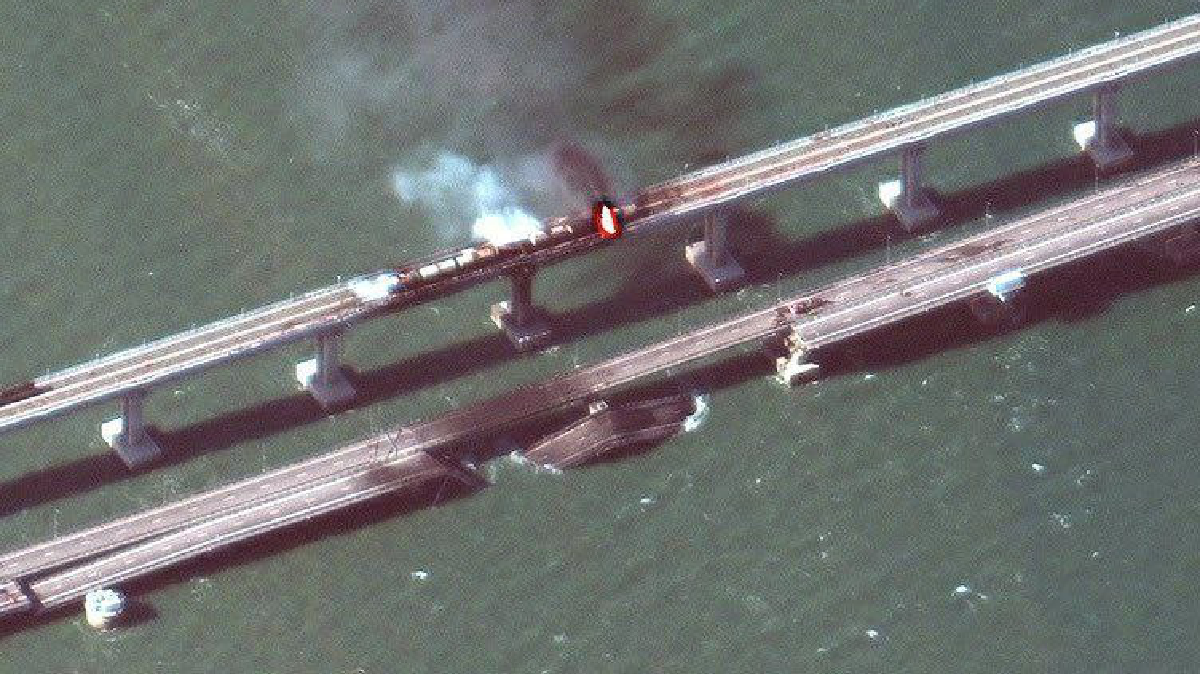"The only way to release Nariman Dzhelyalov early is an exchange" - Mykola Polozov
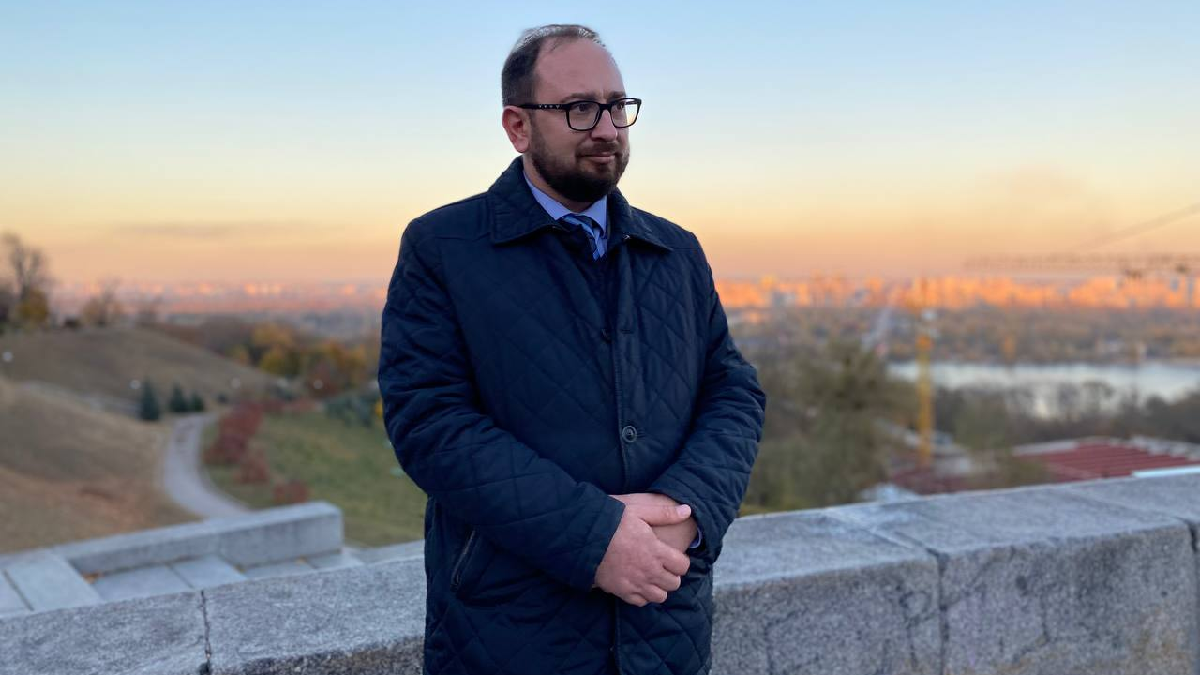
Nariman Dzhelyalov, the first deputy of the Mejlis of the Crimean Tatar people, has been behind bars in the temporarily occupied Crimea for almost two months. During this time, he was transferred from the pre-trial detention center to a psychiatric hospital for examination. Mykola Polozov, a lawyer, told Public Crimea about the state of Nariman’s health and the development of the case.
What is happening now in the case of Nariman Dzhelyalov?
A preliminary investigation into the case of Nariman Dzhelyalov is currently underway. His [investigation] is being conducted by the FSS Investigation Department in the Republic of Crimea. Currently, due to investigative actions against Narimannya, examinations are being conducted, which were previously appointed by a psychologist of the Mental Hospital. Actually, because of carrying out this examination Nariman was placed in a psychiatric hospital. There he is already the third week, obviously he will stay there one more week. The examination itself lasts from 21 to 28 days.
According to your forecasts, how much longer will Nariman Dzhelyalov be detained?
I believe that by all indications, he will be detained for the maximum amount of time. This is primarily due to the fact that the term of detention is coming to an end. Probably either at the end of this week or at the beginning of next, a court hearing will be held to consider the investigator's request for an extension of his detention, and in order not to bring Nariman to court, he will continue to be kept in a psychiatric hospital. they are not brought to such a court hearing.
Why do they do it?
- Obviously, the Russian authorities are trying to silence Narmin's voice so that he could not appear in court, and to inform about his attitude in general to the criminal case, the conditions of detention and so on. No investigations are being carried out against Asan and Aziz Akhtemov. The investigation has appointed a number of examinations, probably now they are waiting for these examinations to be made. In fact, there is no doubt that the investigating authorities are investigating the case to the end, that it will be handed over to the court, and that the court will pass the verdict that the Russian authorities need.
What are the possibilities of saving Narmin?
The only way to save Nariman from this "dungeon" ahead of time is, of course, political negotiations, a possible exchange, but when it comes, in what form, unfortunately, I can't say anything yet.
How do you assess and what do you expect from this case?
As for my expectations from this case, what can I say - nothing good. In my opinion, this case will have serious political consequences, because due to the accusations of sabotage of the first deputy chairman of the Mejlis, apparently the Russian authorities will try to further initiate the recognition of the Mejlis of the Crimean Tatar people as a terrorist organization. This, in turn, will allow for large-scale repressions in Crimea against members of the Kurultay, against people who were in local and regional Majlises. In other words, there are more than 3-4 thousand people who could potentially become "terrorists", as is the case in Hizb ut-Tahrir, where the principle does not require any evidence, one or two classified witnesses will suffice. On the basis of the testimony of which, sentenced to 12 to 18 years.
How does Nariman communicate with relatives and protection?
Communication is quite difficult, in fact he does not receive all letters. In the pre-trial detention center, the censors deliberately detained the correspondence, despite the fact that Nariman's wife, relatives and friends sent letters, but, unfortunately, they did not reach Nariman. Letters are stored somewhere
in a pre-trial detention center. And in principle, letters to the psychiatric hospital are not sent at all. Even if someone has already written a letter, they will not reach Nariman. The letters are kept in the pre-trial detention center. Therefore, the only way to communicate with the outside world is through lawyers. We pass some news from the wife, some information. Nariman Dzhelyalov, in turn, tells how he is in captivity.
What are you talking about during the meeting with Nariman? What is his mood?
- Meetings take place under external supervision, as if they shouldn't listen to us, but, it isn't so. Nariman willingly takes an interest in what is happening outside the pre-trial detention center, because he has no information from the outside world. There is no TV or press in Nariman's cell, in short, we tell him what's going on in the world. Of course, he constantly asks how his family and friends are. In turn, Nariman shares his impressions of being in prison, a place of captivity. Nariman writes letters, which are published from time to time, in which he describes in detail what it means to end up in a Russian prison. It is very sad.
What are the conditions of detention in a psychiatric hospital?
It is important to understand that a stay in a psychiatric hospital, here in this department, where Nariman is now, is almost no different from a stay in a pre-trial detention center, even worse. After all, the range of items and products that can be transferred is much smaller than in a pre-trial detention center. That is, there are such things that are accepted in the pre-trial detention center, but not here. We managed to give him [Nariman Dzhelyalov] warm clothes, as it is already cold in Crimea, and the heating was turned on only in recent days. He manages to pass food. Nariman finds books there. I will say yes, the minimum stock of literature is, of course, not something he wants to read, but that's something. Therefore, he reads, writes, tries in any way to dilute his prison life.
I want to note that in the psychiatric hospital Nariman is in a 5-bed cell, which is completely full. Along with him there are people who are accused of murder, fraudsters. They are all kept together. This is a cell size 5 by 4, with bars on the windows, with bunk beds, no different from the pre-trial detention center.
What is Nariman's emotional and physical condition?
As for Nariman's physical health and general condition, he lost two kilograms in two months behind bars. Now it doesn't look the best. However, despite all this, he did not lose his morale. He is ready to fight, not only for his will, but also ready to fight for the will of the entire Crimean Tatar people. After all, he never hid his position on the occupation of the Crimean peninsula, on the rejection of the occupying power - Nariman actually paid for his position willingly.
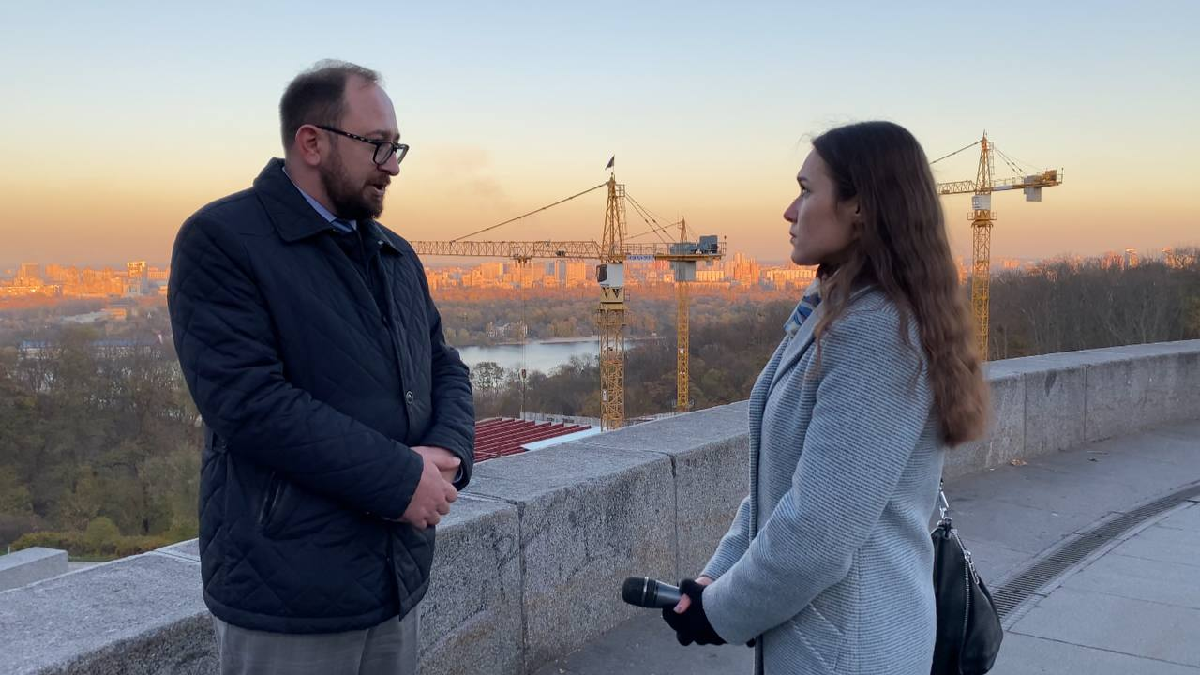
Source: Suspilne Crimea

